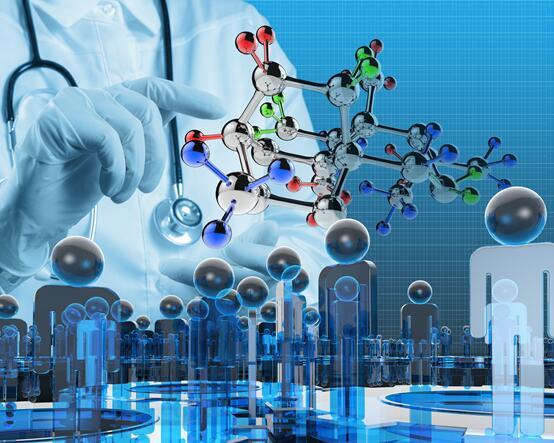🔹 What is Calicheamicin Synthesis?
Calicheamicin synthesis refers to the chemical preparation of calicheamicins, a family of ultra-potent enediyne antitumor antibiotics originally derived from Micromonospora echinospora. Calicheamicins bind to the minor groove of DNA and induce site-specific double-strand breaks, leading to apoptosis in target cells.
Due to their extreme cytotoxicity, calicheamicins are widely used as payloads in antibody–drug conjugates (ADCs) for targeted cancer therapy.
🔹 Key Features of Calicheamicin Payloads
-
Ultra-potent → effective at picomolar concentrations.
-
Sequence-selective DNA cleavage → targets specific AT-rich DNA regions.
-
Synthetic flexibility → allows chemical modification to tune stability, solubility, and linker compatibility.
-
Prodrug and Conjugation Strategies → can be linked to antibodies via cleavable linkers for controlled intracellular release.
🔹 Synthetic Approaches
-
Total Synthesis of Natural Calicheamicins
-
Multi-step synthesis of the enediyne core and sugar moieties.
-
Challenging due to stereochemistry and reactive functional groups.
-
-
Analog Synthesis
-
Modified calicheamicin derivatives for improved stability, solubility, or reduced systemic toxicity.
-
-
Payload-Linker Conjugation for ADCs
-
Incorporation of functional groups for bioconjugation to antibodies.
-
Often coupled with cleavable linkers (e.g., acid-sensitive, peptide-based) for selective release in target cells.
-
🔹 Applications in Drug Development
-
Antibody–Drug Conjugates (ADCs)
-
Leading payloads in targeted oncology therapies.
-
-
Prodrug Strategies
-
Enzyme- or pH-activated calicheamicin derivatives for tumor-specific cytotoxicity.
-
-
Chemical Biology
-
Tools to study DNA cleavage, repair, and cytotoxic mechanisms.
-
✅ In summary:
Calicheamicin synthesis focuses on the preparation and optimization of this ultra-potent DNA-cleaving natural product and its derivatives, primarily for ADC payload development and targeted cancer therapeutics.

